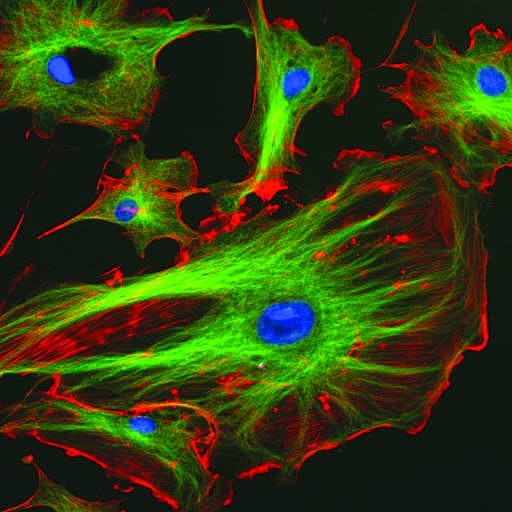Why vegetables are saving the planet
Sara Hamilton reviews London’s biggest vegan festival, commenting on how cutting down on meat may be the answer to our environmental problems

I can already feel the eye-rolls. The “Oh, this vegan hippy nonsense again” eye-roll, so before I lose you all, let me promise that I’m not going to preach about animals’ feelings or inform you how tasty avocado is. What I am going to tell you about is a VegFest-induced realization of how easy it is to make a difference to the environment and how many people are doing so already.
Roughly speaking, VegFest, which takes place in London Olympia every year, is one of the biggest congregations of vegans you will see, spanning over 250 stalls. The result? 15,000 people getting excited about hemp burgers, coconut yogurt and tables full of vegan cake. What made me excited, however, was not the fact that some vegan scientist has invented milk free Camembert (exciting as that is), but the realization that so many people are making a stance in trying to lead a more sustainable lifestyle.
We’ve all been told from a young age about waste, recycling and taking public transport but how does being vegan, veggie or eating less meat make a difference? Raising animals for food, in fact, produces more greenhouse gas emissions than all cars, planes and other transport combined, and uses 30% of the Earth’s land mass. In the US alone, 70% of all grown grain is fed to farmed animals - grain that could be used for millions of starving people. In terms of deforestation, nearly 80% of land deforested in the Amazon is used as cattle pasture. Now isn’t it a happy thought that just by having almond milk with your cereal or switching to Quorn once a week you’ve led to the production of 13 times less fossil fuel and 15 times less water usage than you would have by having an animal-derived product?
It’s been a good-news-filled October for the environment: more than 150 countries reaching a deal to cut hydrofluorocarbons, Spain announcing wind energy is sufficient to meet 70% of it’s energy needs and researchers at the University of Wisconsin inventing eco-friendly flooring. Seeing the amazing turnout at VegFest however, proved that the environment is not something only governments and eccentric scientists are worrying about, but thousands of people worldwide too.









